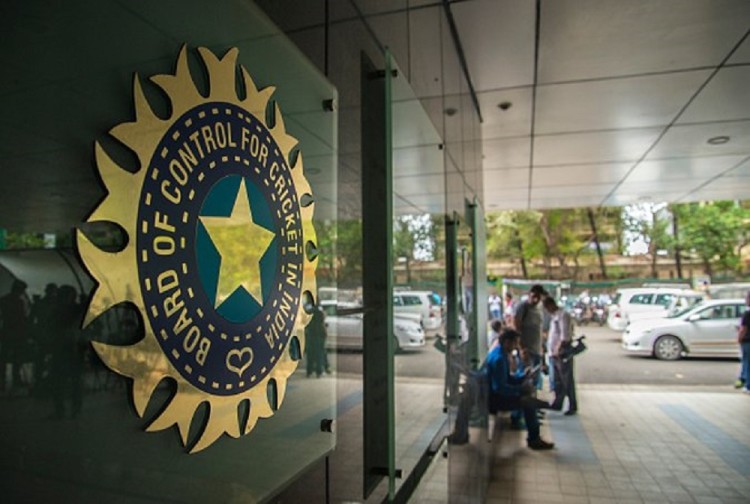In a relief to the Board of Control for Cricket in India (BCCI), the Bombay High Court has quashed an Income Tax Department communication that questioned the board’s tax-exempt status.
The dispute arose after the Income Tax Department claimed that BCCI’s failure to inform authorities about amendments to its Memorandum of Association in 2006 and 2007 resulted in the automatic loss of its tax exemption.
BCCI, a society registered under the Tamil Nadu Societies Registration Act, 1975, was initially granted tax exemption as a charitable institution for the promotion of sports. However, the department argued that the amendments facilitated commercial activities, particularly related to the Indian Premier League (IPL), thereby altering the organization’s fundamental objectives.
BCCI challenged this stance—first before the Income Tax Appellate Tribunal (ITAT) and later through an Income Tax Appeal and a Writ Petition before the High Court—asserting that the amendments did not change its primary objective of promoting sports.
The ITAT had previously ruled that the advisory letter did not constitute an official order of cancellation. However, it also observed that BCCI’s tax exemption could not automatically extend to its amended objectives.
Advocates P.C. Chhotaray and Suresh Kumar, representing the tax authorities, defended the ITAT order, arguing that the department’s communication neither canceled nor withdrew BCCI’s registration. Instead, it merely informed the board that its registration—based on its original objectives—ceased to survive upon amending those objectives.
Chhotaray further contended that BCCI failed to abide by its undertaking to inform the Director of Income Tax (Exemptions) (DIT) about the changes. As a result, the DIT simply informed BCCI of the consequences of amending its objectives, i.e., the non-survival of registration.
A bench comprising Justices M.S. Sonak and Jitendra Jain reviewed the ITAT order and found that it had exceeded its jurisdiction by commenting on the merits of the case after deeming BCCI’s appeal non-maintainable. The bench refrained from ruling on the merits of the communication but held that the Revenue Department had no authority to issue such an advisory or non-statutory order.
The court clarified that any decision regarding BCCI’s tax-exempt status must be made through the due statutory process, not through an advisory letter. It directed tax authorities to assess BCCI’s status independently, without relying on the contested communication.







